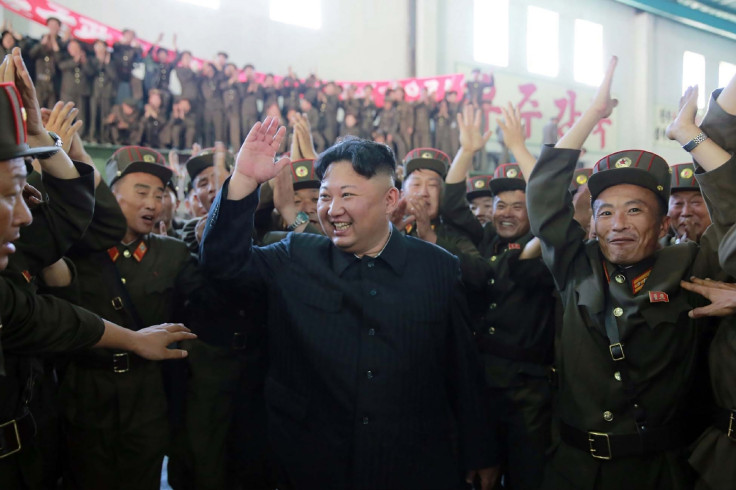New building of North Korean embassy in Iran inaugurated amid heightened sanctions against Pyongyang
Both Iran and North Korea are facing global isolation for ambitious missile activities.

A new building for the North Korean embassy in Iran has been inaugurated signalling strong ties between the two countries – both under heavy economic sanctions by the international community due to their respective controversial weapons programmes.
Both Iran and North Korea face global isolation in recent years for ambitious missile activities defying global calls. In the past, there has been speculation that the two countries – bitter rivals of the US – are clandestinely cooperating with each other in their nuclear programme though there was nothing independently established.
The No 2 political figure - Kim Long-nam - chairman of the Supreme Assembly of North Korea arrived in Iran on Thursday (3 August) for a 10-day visit and also to participate in President Hassan Rouhani's in adjuration. The tour is expected to expand the ties between the two nations. Iran is an Islamic theocratic country while North Korea the other is a reclusive communist regime.
Interestingly, the newly built diplomatic mission's premises was opened on Rouhani's inauguration day. "The Iranian people, who remember the DPRK's [Democratic People's Republic of Korea – North Korea's official name] sincere help and solidarity to Iran when it was in hard times, would fully support the struggle of the Korean people at all times," said Ebrahim Rahimpour, Iran's vice-minister of foreign affairs.
The visit of the top North Korean official to Iran also comes amid heightened sanctions on the country and the Pyongyang regime is looking hard to beat the blacklisting efforts. Despite widespread calls from across the world including from its close trading partner, China, the North is defiant on pressing on with its nuclear and missile activities.
"There could be very problematic cooperation going on because of the past history and because it makes strategic sense, especially for Iran now," said Emily Landau, senior research fellow at an Israel-based think tank.
© Copyright IBTimes 2025. All rights reserved.






















